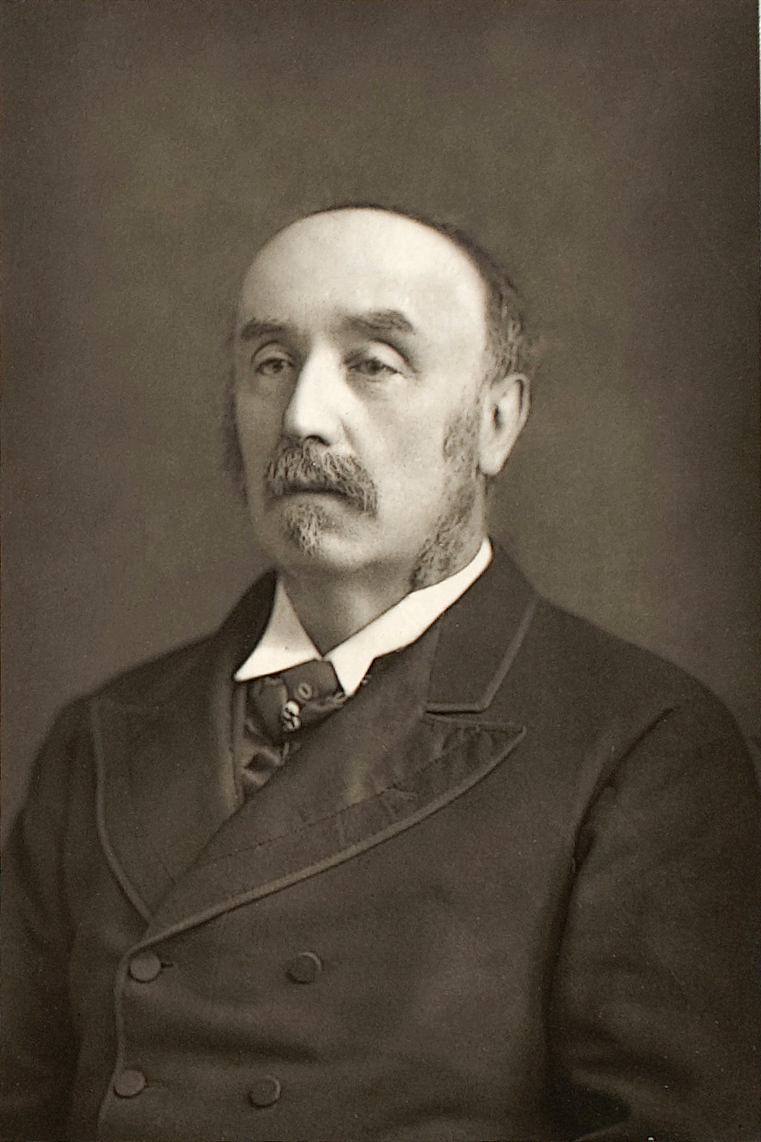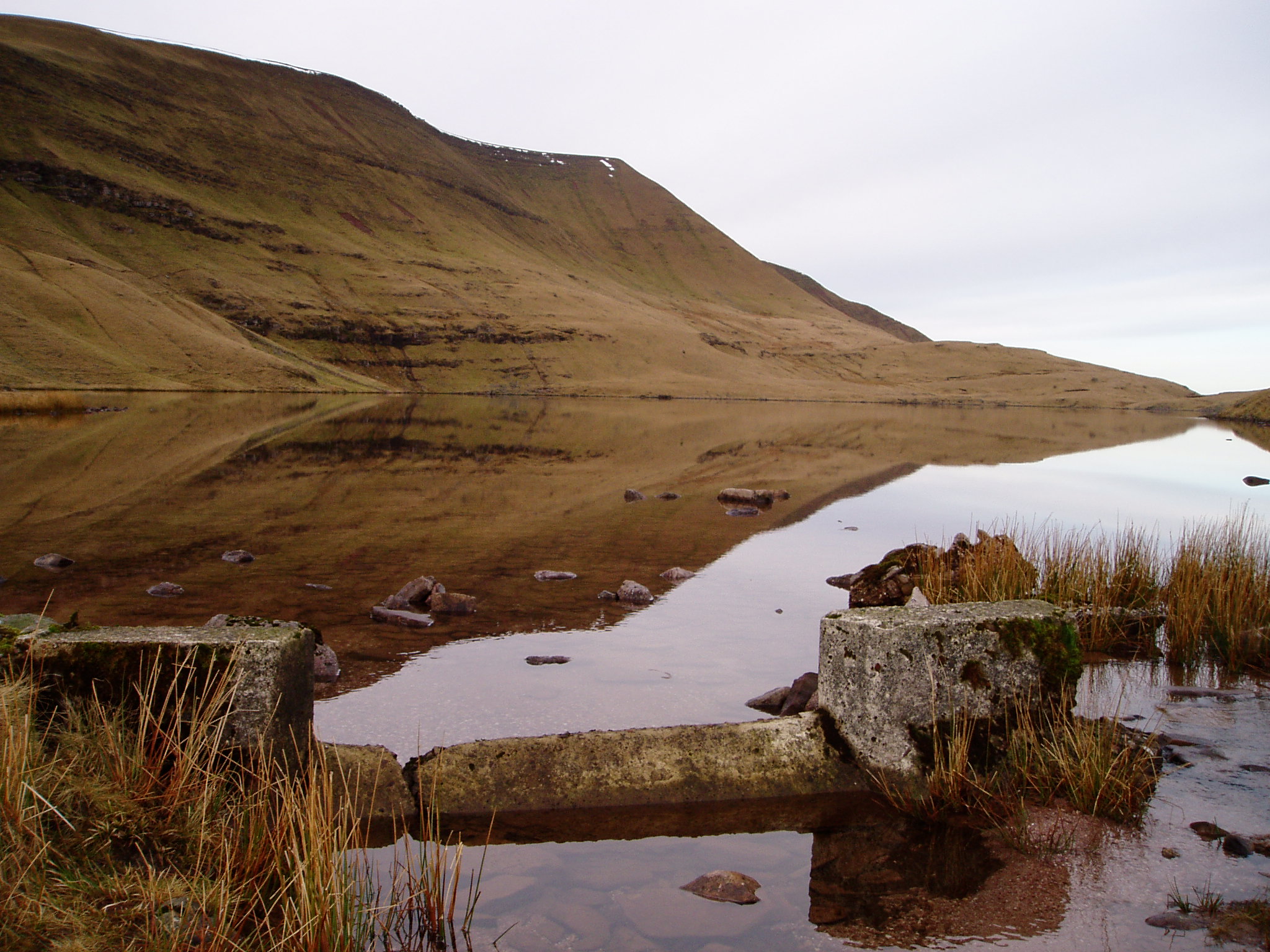|
1901 Carmarthenshire County Council Election
The fifth election to the Carmarthenshire County Council was held in March 1901. It was preceded by the 1898 election and followed by the 1904 election. Overview of the result The Liberals retained a strong majority. With a few exceptions, members were returned unopposed. Boundary changes There were no boundary changes. Retiring Aldermen The aldermen who retired at the election were *John Bevan, Llansadwrn *Joseph Joseph, Plasderw, Llangennech * Sir Lewis Morris, Penbryn, Carmarthen *Daniel Stephens, Kidwelly *H J Thomas, Penrhos-uchaf, Golden Grove *Thomas Watkins, Tycerrig, Llandovery *Henry Wilkins, New-road, Llanelly. None of the retiring aldermen contested the election. There was also a vacancy following the death of W.O. Brigstocke, Blaenpant. Candidates and unopposed returns Contested elections There were only a small number of contested elections and the majorities were small in most instances. Summary of Results This section summarises the detailed results ... [...More Info...] [...Related Items...] OR: [Wikipedia] [Google] [Baidu] |
1898 Carmarthenshire County Council Election
The fourth election to the Carmarthenshire County Council was held in March 1898. It was preceded by the 1895 election and followed by the 1901 election. Overview of the result The Liberal Party once again retained a strong majority. Candidates 42 candidates were returned unopposed, with only nine seats being contested, and several of these were between rival Liberal candidates. This was the highest number of uncontested seats since the council was created. Fourteen of those elected at the first election, and who had served continuously since then, sought re-election Of the retiring aldermen, only Gwilym Evans, former chairman of the council, sought election. He had been defeated for a Llanelli ward in 1892 but was now returned unopposed for a different ward. Outcome Although the number of contested elections was small, a number of wards were keenly contested. There were notable Liberal victories at Caio, where Sir James Hills-Johnes was defeated, and at Pembrey, wher ... [...More Info...] [...Related Items...] OR: [Wikipedia] [Google] [Baidu] |
1904 Carmarthenshire County Council Election
The sixth election to the Carmarthenshire County Council was held in March 1904. It was preceded by the 1901 election and followed by the 1907 election. Overview of the result The Liberals retained a strong majority with a majority of members returned unopposed. From the outset the election was dominated by the debate over the implementation of the 1902 Education Act, which was fiercely opposed by the radical wing of the Welsh Liberal Party. Candidates The election was fought on more explicitly political lines, largely as a result of the way the education question dominated the election. Following the nominations, the Liberals already had a majority due to the number of candidates returned unopposed. These included all eight candidates in the Llanelli Urban area, including Joseph Roberts, who was returned unopposed, with the support of the local Trades and Labour Council, for the division previously represented by the veteran tinplate leader, Tom Phillips, who retired du ... [...More Info...] [...Related Items...] OR: [Wikipedia] [Google] [Baidu] |
Lewis Morris (1833–1907)
Sir Lewis Morris (23 January 1833 – 12 November 1907) was a Welsh academic and politician. He was also a popular poet of the Anglo-Welsh school. Background Born in Carmarthen, Carmarthenshire in south-west Wales to Lewis Edward William Morris and Sophia Hughes, he first attended Queen Elizabeth's Grammar School there (1841–47).Then in 1847 he transferred to Cowbridge Grammar School on the appointment to it of the energetically reviving and academically gifted young headmaster, Hugo Harper. There "he gave promise of his future classical scholarship by writing a prize poem on Pompeii".C.D. Phillips, ''Sir Lewis Morris'' (University of Wales Press, 1981), p. 12 In 1850 he was one of about thirty Cowbridge boys who followed Harper to Sherborne whither the latter was bound on a similar mission of resuscitating a moribund school. Such "swarming" in the wake of a charismatic headmaster was typical of the period. Morris and Harper remained lifelong friends. He studied classics at Je ... [...More Info...] [...Related Items...] OR: [Wikipedia] [Google] [Baidu] |
William Nathaniel Jones
William Nathaniel Jones, commonly known as W.N. Jones, (20 March 1858 – 24 May 1934) was a Welsh Liberal politician, businessman and soldier. Jones, who served as a Justice of the Peace in Carmarthenshire, married Margaret Francis of Llandeilo. In business, he was a director of the Ammanford Gas Company and the Duke Anthracite Collieries Ltd and the owner of Birchgrove Steelworks, Swansea. He was appointed High Sheriff of Carmarthenshire for 1924. In 1889, Jones became an inaugural member of the Carmarthenshire County Council. He also served on Ammanford Urban District Council. Parliamentary candidate In 1926, Sir Alfred Mond the Liberal MP for Carmarthen defected to the Conservatives over the issue of land policy and the proposal by David Lloyd George that some agricultural land be nationalised. The policy had been set out in the publication ''Land and the Nation'' or the ''Green Book'' in October 1925 but it caused great debate in the Liberal Party and another MP, ... [...More Info...] [...Related Items...] OR: [Wikipedia] [Google] [Baidu] |
Thomas Johns (minister)
Thomas Johns (26 November 1836 – 1914) was a Welsh Independent (Congregationalist) minister, best known for his pastorate at Capel Als, Llanelli, one of the largest chapels in Wales, from 1869 until his death in 1914. Early life and career Thomas Johns was born in Llanwrda, Carmarthenshire, on 26 November 1836. At the age of thirteen he was received into church membership at Tabor, Llanwrda, by Thomas Jones, the father to Brynmor Jones. He began to preach in 1858 and the following year he attended Llandovery School before training for the ministry at Brecon Theological College. His first pastorate was at Ebenezer. Caernarfonshire, now known as Deiniolen. Johns's ministry at Deiniolen was not without its challenges and his biographer Gwilym Rees claims that the congregation proved argumentative and undisciplined. Rees also states that the source of contention was Johns's insistence on electing more deacons than some members of the congregation thought necessary and also his ... [...More Info...] [...Related Items...] OR: [Wikipedia] [Google] [Baidu] |
Frederick Campbell, 3rd Earl Cawdor
Frederick Archibald Vaughan Campbell, 3rd Earl Cawdor, (13 February 1847 – 8 February 1911), styled Viscount Emlyn from 1860 to 1898, was a British Conservative politician. He served briefly as First Lord of the Admiralty between March and December 1905. Background and education Cawdor was the eldest son of John Campbell, 2nd Earl Cawdor, and his wife Sarah Mary, daughter of General the Hon. Henry Cavendish. He was educated at Eton and Christ Church, Oxford. He was brought up on the family estates in south Wales and his coming of age in 1868 was a major event in the town of Llandeilo. In 1874 he was appointed to be Deputy Lieutenant for the county of Inverness. MP for Carmarthenshire Cawdor was Conservative Member of Parliament for Carmarthenshire from 1874 to 1885. In 1885 the constituency was divided in two and Emlyn decided to contest the new West Carmarthenshire constituency, although most of his family property lay in the eastern part of the county. His chances there appea ... [...More Info...] [...Related Items...] OR: [Wikipedia] [Google] [Baidu] |
Carmarthenshire County Council Elections
Carmarthenshire ( cy, Sir Gaerfyrddin; or informally ') is a county in the south-west of Wales. The three largest towns are Llanelli, Carmarthen and Ammanford. Carmarthen is the county town and administrative centre. The county is known as the "Garden of Wales" and is also home to the National Botanic Garden of Wales. Carmarthenshire has been inhabited since prehistoric times. The county town was founded by the Romans, and the region was part of the Kingdom of Deheubarth in the High Middle Ages. After invasion by the Normans in the 12th and 13th centuries it was subjugated, along with other parts of Wales, by Edward I of England. There was further unrest in the early 15th century, when the Welsh rebelled under Owain Glyndŵr, and during the English Civil War. Carmarthenshire is mainly an agricultural county, apart from the southeastern part which was once heavily industrialised with coal mining, steel-making and tin-plating. In the north of the county, the woollen ... [...More Info...] [...Related Items...] OR: [Wikipedia] [Google] [Baidu] |


